From talking in tongues to ‘divine faith’, could Scott Morrison’s religion be a liability?
TALKING in tongues and divine faith — inside the church where you’ll find new Prime Minister Scott Morrison on a typical Sunday.
AUSTRALIA has had some pretty religious prime ministers in the recent past, from almost-a-priest Tony Abbott to churchgoing Kevin Rudd.
But some political operatives trying to repair the government’s deeply damaged public image after last week’s leadership chaos are quietly concerned about Scott Morrison.
Their worry is that the Pentecostal devotee, who attends a congregation where worshippers can be so overcome they start to speak in tongues, has a brand of faith that could become unpalatable for the mainstream public.
A senior Liberal source told news.com.au that Mr Morrison would be encouraged to downplay his deeply religious beliefs.
It’s an approach that Geoffrey Robinson, a senior lecturer in social sciences at Deakin University, suspects the new Prime Minister will adopt.
“If I were Morrison, I’d be careful about appearing too religious and pushing it too much,” Mr Robinson said.
“Those ‘heart on the sleeve’ declarations of religious faith make some people a bit uncomfortable. There’s something of a suspicion about religion in politics. Seeming overtly religious can be a problem.
“But I’m sure Morrison is fairly well aware of these kinds of considerations.”
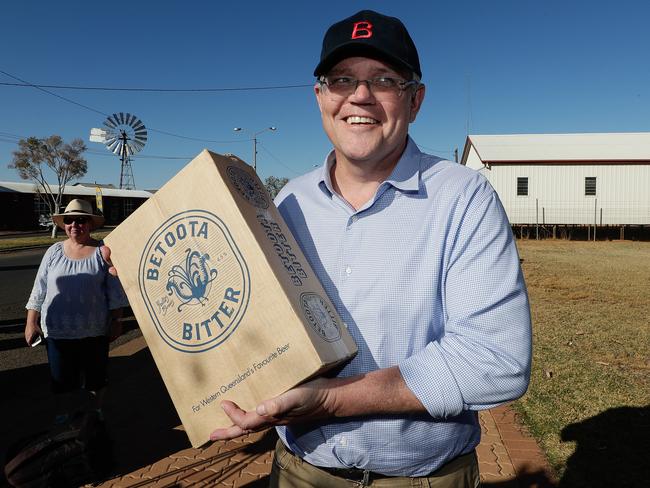
Australians who haven’t attended an evangelical-type service before might be surprised at what they found.
Horizon Church in Sydney’s Sutherland Shire is where you’ll find the Morrison family on a typical Sunday, among some 2000 other attendees.
Some of those subscribe to a belief in “divine healing”, or the idea that prayer has the power to impact health, wealth and wellbeing.
It’s not unusual to see worshippers speak in tongues, which is viewed as miraculous gift and a kind of direct language from God.
“I think there’s potential for some of those elements to make people uncomfortable,” Mr Robinson said.
“It could have an image of being weird or unusual to some people. That being said, religion in general is in a somewhat negative spotlight. The Catholic Church has lost its moral credibility with voters, for examples.”
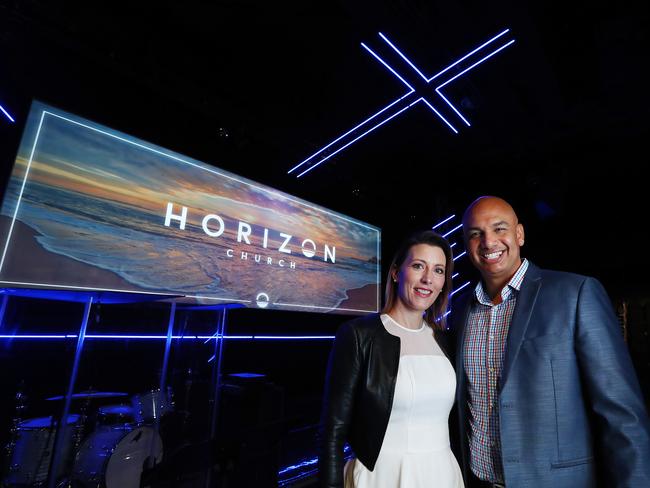
For his part, Mr Morrison has said that his “personal faith in Jesus Christ is not a political agenda … for me, faith is personal, but the implications are social”.
But the Australian Christian Lobby was last week celebrating the new PM, describing his deep faith as “reassuring”.
“He doesn’t think he’s the biggest and most powerful person,” the group’s boss Martyn Iles told the New York Times. “He knows he’s under God.”
Jonathan James from Edith Cowan University said the Pentecostal movement was one of the fastest-growing in the world.
Hillsong Church, which is affiliated with Horizon, boasts a mammoth following that packs out stadiums and counts among its followers pop star Justin Bieber.
“Christianity in Australia is still the majority faith, even though there is a downward trend over the past decade,” Dr James said.
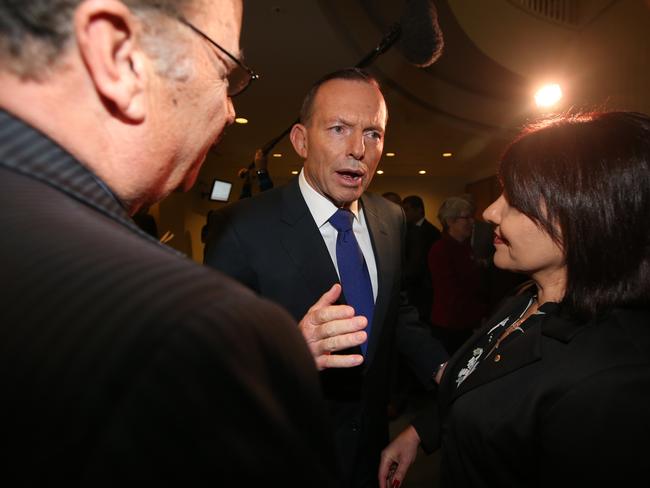
All religion and no religion should have “equal space and time” in the public sphere, he said.
But should voters be suspicious of Mr Morrison’s faith?
“Well, let’s have a realistic look at what this means,” Dr James said.
“Everyone has a worldview — a set of lenses through which they look at the world. To deny Morrison this privilege is to deny him of his fundamental human right.
“Morrison’s future policies may reflect his Christian worldview but then again, I don’t think he will go out of his way to be overtly Christian. He is a capable and astute politician.”
Mr Robinson doesn’t see the PM being driven by his faith when it comes to driving public policy.
“He did say at one stage that the Bible is a good policy manual,” he said. “I think religion means something to him personally, but I don’t see it dictating policy.”
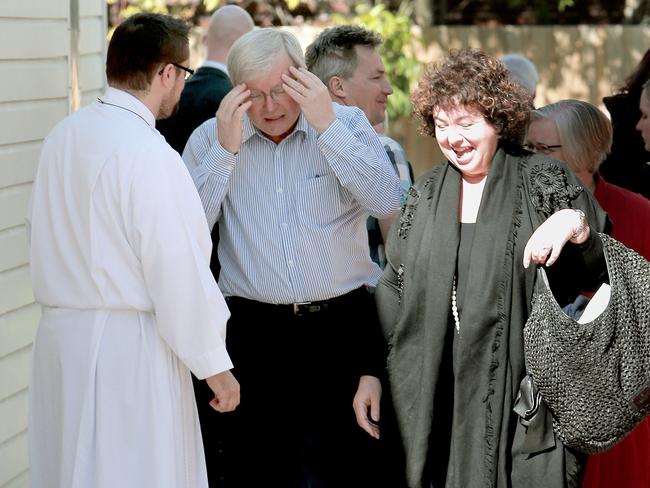
But Mr Morrison has voted with his religious conscience in the past. Last year, when the House of Representatives voted on legislation to allow same-sex marriage, the then-Treasurer abstained.
That’s despite two-thirds of Australians supporting of a change to the Marriage Act after a postal plebiscite, including Mr Morrison’s own electorate.
In his maiden speech in 2008, Mr Morrison spoke at length about his beliefs and how some might view them.
“In recent times, it has become fashionable to negatively stereotype those who profess their Christian faith in public life as extreme and to suggest that such faith has no place in the political debate of this country,” he said.
“Australia is not a secular country — it is a free country. This is a nation where you have the freedom to follow any belief system you choose. Secularism is just one. It has no greater claim than any other on our society.”
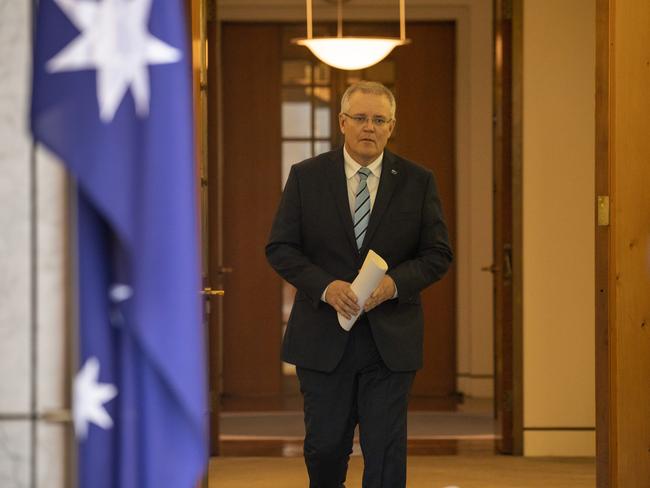
A review of religious freedoms conducted by former Liberal MP Philip Ruddock, undertaken after the passage of marriage equality, could be ‘sped up’ by Mr Morrison.
The government has had the resulting report for several weeks, the contents of which haven’t been made public. Mr Turnbull appeared to have put it in a drawer.
“It’s something Morrison would be enthusiastic about,” Mr Robinson said.
“In the context of the party, it’s something he can throw to the conservative wing. It’s something they’re concerned about, it motivates them. The PM doing something about it would appease them.
“But I think any legislative outcomes under Morrison will be similar to what would’ve happened under Turnbull.”



